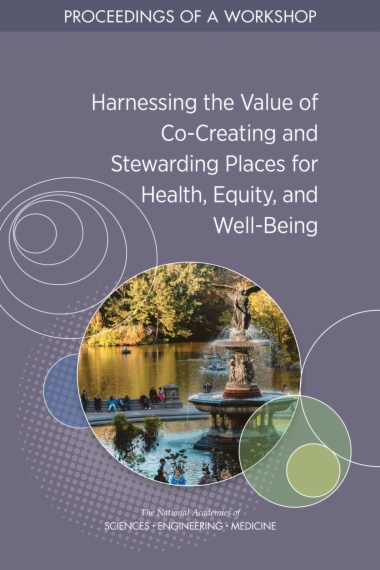Empowering Enterprises with Scalable, Intelligent AI Agents.
Key Features
● Hands-on practical guidance with step-by-step tutorials and real-world examples.
● Build and deploy enterprise-grade LLM agents using the AutoGen framework.
● Optimize, scale, secure, and maintain AI agents in real-world business settings.
Book Description
In an era where artificial intelligence is transforming enterprises, Large Language Models (LLMs) are unlocking new frontiers in automation, augmentation, and intelligent decision-making.
Ultimate Agentic AI with AutoGen for Enterprise Automation bridges the gap between foundational AI concepts and hands-on implementation, empowering professionals to build scalable and intelligent enterprise agents.
The book begins with the core principles of LLM agents and gradually moves into advanced topics such as agent architecture, tool integration, memory systems, and context awareness.
Readers will learn how to design task-specific agents, apply ethical and security guardrails, and operationalize them using the powerful AutoGen framework. Each chapter includes practical examples—from customer support to internal process automation—ensuring concepts are actionable in real-world settings.
By the end of this book, you will have a comprehensive understanding of how to design, develop, deploy, and maintain LLM-powered agents tailored for enterprise needs. Whether you're a developer, data scientist, or enterprise architect, this guide offers a structured path to transform intelligent agent concepts into production-ready solutions.
What you will learn
● Design and implement intelligent LLM agents using the AutoGen framework.
● Integrate external tools and APIs to enhance agent functionality.
● Fine-tune agent behavior for enterprise-specific use cases and goals.
● Deploy secure, scalable AI agents in real-world production environments.
● Monitor, evaluate, and maintain agents with robust operational strategies.
● Automate complex business workflows using enterprise-grade AI solutions.

